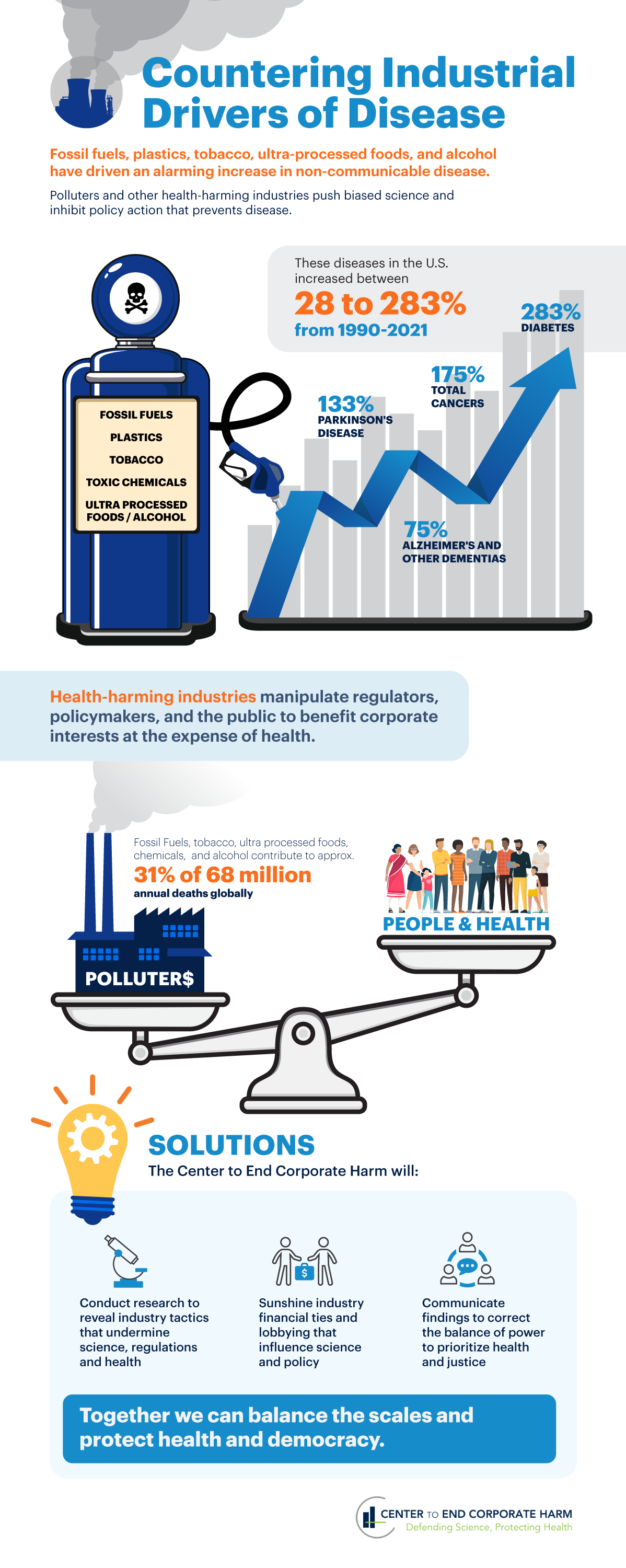Slyke of Hand returns with
another fact-challenged gripe from Bonnie Van Slyke
By Will Collette
 |
| The CCA's 2024 campaign slogan |
Sometimes I feel sorry for
the Charlestown Citizens Alliance (CCA). For the first time since 2008 when the CCA won
every Charlestown Town Council seat,
they have NO CCA-endorsed candidates on the Council. Last November, Charlestown
voters elected all five candidates endorsed by Charlestown Residents United
(CRU) and rejected all five CCA candidates.
Even though I admit to being
biased for CRU and against the CCA, I think the record shows that the Council
under Deb Carney’s and Rippy Serra’s leadership has been doing a good job. A
major example: the most recent report from the Rhode Island Auditor
General shows huge improvements in Charlestown’s finances and fiscal management under the CRU’s leadership.
So I feel sorry the CCA has
to twist facts and history like pretzels to come up with some issue that will
help them recover their lost political mojo.
The latest is CCA mouthpiece
Bonnie Van Slyke’s effort to turn a routine appointment to fill a vacancy on
the Planning Commission into a crime against humanity. I've covered a number of
previous Van Slyke tomes in the on-going "Slyke of Hand" series.
According to Van Slyke, the Council violated all that is sacred by
appointing Laura Rom to fill Lisa St. Godard’s seat after St. Godard resigned
just days after winning re-election. Van Slyke said the appointment was the “reverse the will of the voters.”
Here is the CRU’s crime as presented
by Van Slyke:
“For at least 30
years, and likely for the entire existence of the Planning Commission since
1982, resignations have been filled by moving up the elected members and then
creating an empty spot at the bottom, in the position of the 2nd alternate. The
2nd-Alternate position is where all previous unelected appointments have been
made.”
 |
That's Ruth Platner on the left and her BFF
Bonnita Van Slyke on the right |
Except this isn't true. We need to look back no further than 2018, when Van
Slyke’s boss and soulmate Charlestown Planning Commissar Ruth Platner finished
dead last in her re-election bid and by some miracle, she jumped the line from
2nd alternate to retaining her position as Commission chair.
Van slyke says appointing
Laura Rom to fill the vacancy violated the “will of the voters” especially
because she finished last. So, Bonnie, please explain in non-weasel terms, Platner’s rise in 2018 from her
last place finish at the polls to being given the top leadership spot.
Also false is Van Slyke’s claim that the CRU “Town
Council ignored over 30 years of precedent in how to fill such a vacancy,
ignored other language in the Charter that makes clear the intent for such
appointments, and chose to reverse the will of the voters…”
In fact, there is no such
provision in the Charter. When the
Charlestown Charter Review Commission was working on proposals for changes to
the Charter, they ASKED the Planning Commission and other town commissions what
Charter changes they wanted on the 2024 ballot. Here was the opportunity for Platner
and the Planning Commission to codify this sacred order of succession in the
Charter. Instead, Platner and her minions responded with crickets.
Why did Platner
take a pass? Simple: if this principle was in the Charter in 2018, Platner’s
last-place finish at the polls would have cost her the Chair because she would be legally prohibited from jumping the line.
In fairness to Bonnie, just
about all of the crazy stuff she claims originated in Ruth Platner’s letter to
the Town Council (which was appended to Van Slyke’s article). As usual, Van Slyke did no fact-checking of her own and just went
with Boss Platner’s polemic.
Do as we say, not as we do: a history of CCA
political patronage
Patronage has been a hallmark
of the CCA since its inception. They enthusiastically apply the spoils system
of awarding positions based on political loyalty instead of merit while purging
and punishing anyone – even their own people – for insufficient fealty to the
CCA’s core principle of doing whatever Ruth Platner tells them.
2008-2010
At the top of this article, I
noted that the newborn CCA swept the 2008 Council election and installed the first
all-CCA Council.
By 2010, the CCA decided they
needed to purge their own Council and ran a true-blue CCA slate to take them
out. They succeeded in knocking out three of their own 2008 nominees and gave
us the dynastic and spectacularly incompetent leadership of Boss Tom Gentz and
his Deputy Dan Slattery.
 |
Here's Deputy Dan Slattery out hustling the
secret anti-wind deal |
Why did the CCA purge its
own 2008 Council? Because the 2008 all-CCA
Council failed to keep up with the CCA’s 180-degree flip-flop on the issue of
wind energy. They thought the CCA was pro-wind, based on a November 2009 Council presentation by none
other than Tom Gentz showing popular support for wind energy.
Gentz was also an enthusiastic
supporter of a test facility called the “Met Tower that operated in Ninigret Park
to explore the efficacy of land-based wind energy in Charlestown.
Little did the CCA Council know
that CCA leaders Gentz and Deputy Dan had been
secretly schmoozing the Sachem Passage Association to line up their financial and political support
in return for the CCA declaring its unabashed opposition to the proposed
Whalerock industrial wind project. The 2008 Council didn’t know about the secret
deal-making and paid the price.
2013-2014
The next big purge also
involved the Whalerock wind project and was done as a political favor to the
Sachem Passage Association. The CCA targets were Zoning Board of Review members
who were insufficiently willing to ignore zoning law to block Whalerock. So in
2014, in an incredible display of nastiness, the CCA dumped ZBR members Dick
Frank and William Myers.
They were replaced with CCA
stalwarts Cliff Vanover (Ruth Platner’s husband) and Mikey Chambers in a
process that violated the Town Charter as
well as the CCA’s own policy on appointments. Shortly after that, the CCA made another patronage appointment,
naming the Sachem Passage Treasurer Joe Quadrato to the ZBR.
Having the Treasurers of both
the CCA and Sachem Passage serving together on the Zoning board looks a lot
like an aligning of political and financial interests.
These zoning board maneuvers followed
the blatantly political patronage
appointment in 2013 of Mikey’s wife Donna Chambers to represent the Chariho
School Committee, a position she
still holds.
2017-2019
 |
Life-long Charlestown public servant
Frank Glista |
Frank Glista wrote a letter
to the Westerly Sun in July 2017, describing in detail how the CCA Town Council
passed over eminently qualified candidates to bring in a group of CCA loyalists
without proper qualifications.
They also blatantly ignored
proper procedure. As Frank described it, Council member Steve Williams set the
stage:
“He stated, and I
quote, "Somebody's going to yell out, real quick, a name to be nominated
and that will be the nomination.... I'd like to do a ballot." Of course, at the council meeting, a name was
yelled out, seconded and nominated.... done.
Douglas Randall IV was the new Parks and Recreation Commission appointee
without any discussion or debate, no ballot and not one breath of consideration
toward any of the other applicants.”
Frank continued, describing
the unethical conduct of none other than Bonnie Van Slyke:
“We also learned that
Town Council Member Bonnie Van Slyke had a conversation with Mr.
Randall, a privilege that was provided only to him. Again, in fairness all applicants should have
been "interviewed" for a position, especially if you are not going to
debate their application in public.”
He offered another example the
CCA spoils system:
“Th[e] council had a
past two term Town Council President apply for a position on the Parks and
Recreation Commission and waited 5 months only to have that position filled by
a CCA founding member who had applied one week before the appointment was made.”
Finally, Frank described how
he himself had been blacklisted by the CCA.
In January 2018, Councilor Steve
Williams, noted above, resigned from the Town Council. The all-CCA Town Council
did not follow the sacred principle of succession. Instead of appointing the
next highest 2016 vote getter, the late Robert Malin (D), to fill the vacancy, they installed CCA personality George
Tremblay even though Tremblay
didn’t even run in 2016.
2021
 |
| Freud knew what was going on |
In 2021, the CCA gave us a
reprise of their patronage abuse of the Zoning Board of Review, putting CCA
loyalist Jim Abbott on the ZBR to fill a vacancy instead of moving up alternate
Steve Stokes (now a Town Council member) who was next in line. Abbott was not
on the ZBR.
Bonnie Van Slyke also sought to purge Stokes by replacing
him with Joe Pangborn even though Pangborn was not a ZBR member while Steve
was. On a 3-2 vote, the Council kept Stokes in place.
I could go on and on to
discuss how non-CCA commission members were purged on Parks & Recreation,
Economic Improvement, Budget, Affordable Housing, and Conservation and replaced
with often unqualified CCA loyalists.
Suffice to say that as usual,
Van Slyke, Ruth Platner and the CCA are trying to win political capital by
accusing others of offenses they themselves blatantly commit. Sigmund Freud called this “projection.”
Why raise issues that only spotlight your
own malfeasance?
I don’t understand why Van
Slyke brings up issues that call for a review of the CCA’s own conduct (including her's), other
than she was told to by Platner. I understand the CCA needs something to kvetch about,
but please quit making stuff up, especially when the facts are so overwhelming.
There’s a reason why
Charlestown voters rejected Van Slyke’s 2024 bid to return to the Town Council,
giving her a last-place finish – tenth in a field of ten. Platner scarcely did
better, failing in her attempt to transition from Planning to the Town Council,
finishing in ninth place. Take the hint, ladies.




.webp)

.webp)














.webp)



